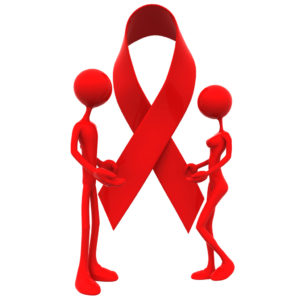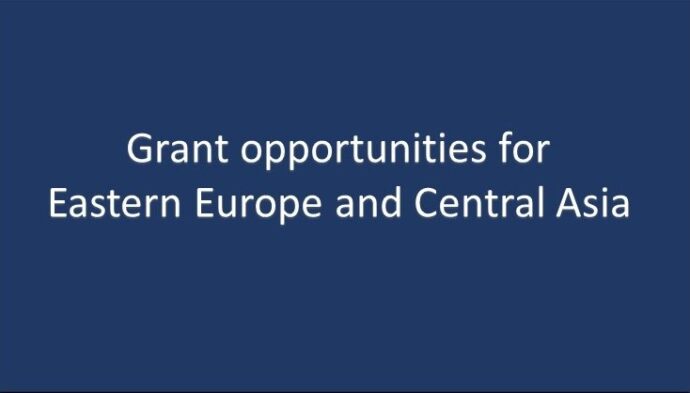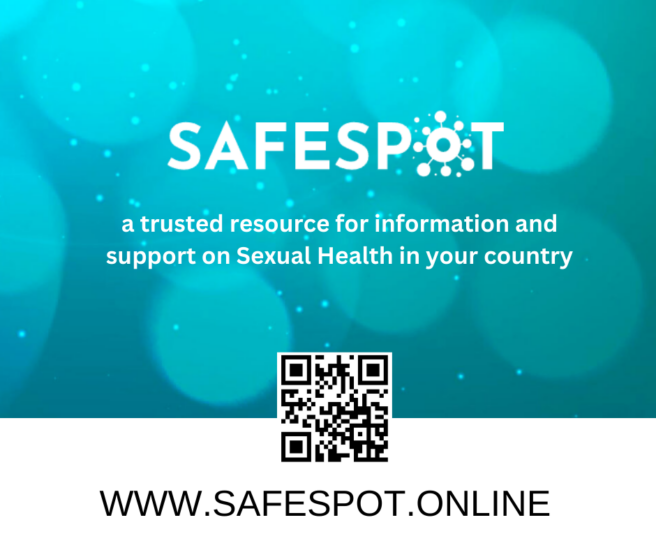 This is a call to action for European governments, international organisations, patient organisations, and the wider health community to align on a new HIV policy agenda that addresses the crucial unmet needs of people living with HIV (PLHIV) – to ensure they can live longer in good health, and participate fully in society and the economy.
This is a call to action for European governments, international organisations, patient organisations, and the wider health community to align on a new HIV policy agenda that addresses the crucial unmet needs of people living with HIV (PLHIV) – to ensure they can live longer in good health, and participate fully in society and the economy.
Current HIV policy frameworks rightly focus on prevention, diagnosis and effective treatment (viral suppression), but do not go beyond this to address other health and social challenges faced by PLHIV. In Europe, where viral suppression should increasingly be the norm, it is vital that policy makers and healthcare providers recognize these challenges and respond.
An integrated approach is needed to improve:
- Health outcomes – by addressing the increased risk that PLHIV will develop other medical problems (co-morbidities) – including mental health issues.
- Social outcomes – in particular by combating stigma and discrimination, and ensuring that PLHIV are able to secure and retain employment and housing.
Effective action to improve outcomes, and reduce the health burden and costs associated with HIV, can bring meaningful economic benefits and reduce demands on European healthcare systems.
We call on the EU and Member States to:
1. Revisit the Dublin Declaration on Partnership to Fight HIV/AIDS, and ensure that its monitoring adopts a ‘life-long’ approach to the health and social inclusion of PLHIV.
2. Identify and agree on policy indicators necessary to monitor and assess country performance in improving health and social outcomes for PLHIV.
3. Adopt in 2017 an integrated EU Policy Framework on HIV/AIDS, viral hepatitis and TB – thereby extending the focus of the EU Action Plan on HIV/AIDS, which comes to an end in 2016.
Background
Whilst important progress has been made in the global response to HIV/AIDS, with the European Union (EU) playing an instrumental role, the European region – and in particular Eastern Europe – now has the fastest growing HIV epidemic globally. 29,992 people were diagnosed with HIV in the EU/EEA in 2014. At the same time, PLHIV are living longer, which has created new challenges relating to the prevention, treatment, and management of co-morbidities.
With the EU Action Plan on HIV/AIDS expiring at the end of 2016, and the Dublin Declaration on Partnership to fight HIV/AIDS now more than a decade old, European governments and the EU institutions have an opportunity to make progress on their political commitment to fighting both the transmission of HIV, as well as its health and social impacts – including the Sustainable Development Goals (SDGs).
Continuing challenges include the strengthening of prevention programmes, reducing late diagnoses, ensuring equity and universality of access, and the social consequences of HIV that stem from stigma and discrimination. Governments and health systems must respond to the fact that PLHIV are living longer. We must ensure that PLHIV remain in good health as they grow older, and can lead successful, productive and rewarding lives. This aspiration should motivate the HIV response in all European countries – not only those that already perform well in relation to the UNAIDS targets for diagnosis, treatment and viral suppression.
The Beyond Viral Suppression Initiative
The Beyond Viral Suppression initiative arises out of a shared recognition among leading HIV experts that there are crucially important issues relating to the health and social inclusion of PLHIV that have to date received insufficient attention from policy makers and healthcare providers, and which must now form part of our HIV response.
In an era when ageing populations and health system sustainability are central challenges for all European countries, the initiative will also aim to inform debates about cost-effective strategies for co-morbidity prevention and management, whilst ensuring patient-centered healthcare delivery. Our recommendations should therefore be of high relevance both to policy makers and the wider health community.
The steering group is co-chaired by: Nikos Dedes, the Founder of Positive Voice (the Greek association for PLHIV) and a Board member of the European AIDS Treatment Group (EATG); Professor Jane Anderson of Homerton University Hospital NHS Foundation Trust in London; and Professor Jeffrey Lazarus of ISGlobal, Hospital Clínic at the University of Barcelona, and CHIP, Rigshospitalet, University of Copenhagen. The initiative is enabled by sponsorship provided by Gilead Sciences and ViiV Healthcare.
The initiative is developing a performance assessment of HIV services ‘beyond viral suppression’ – focusing on: access to appropriate health services; health outcomes – co-morbidity and co-infection prevention, and health-related quality of life; and social outcomes.
A research team supported by a study group of leading academics will seek to identify the policy indicators necessary to assess countries’ performance at improving health and social outcomes ‘beyond viral suppression’. Our aim is thereby to complement the work of other initiatives focusing on HIV prevention, diagnosis, and access to high quality treatment and care.




